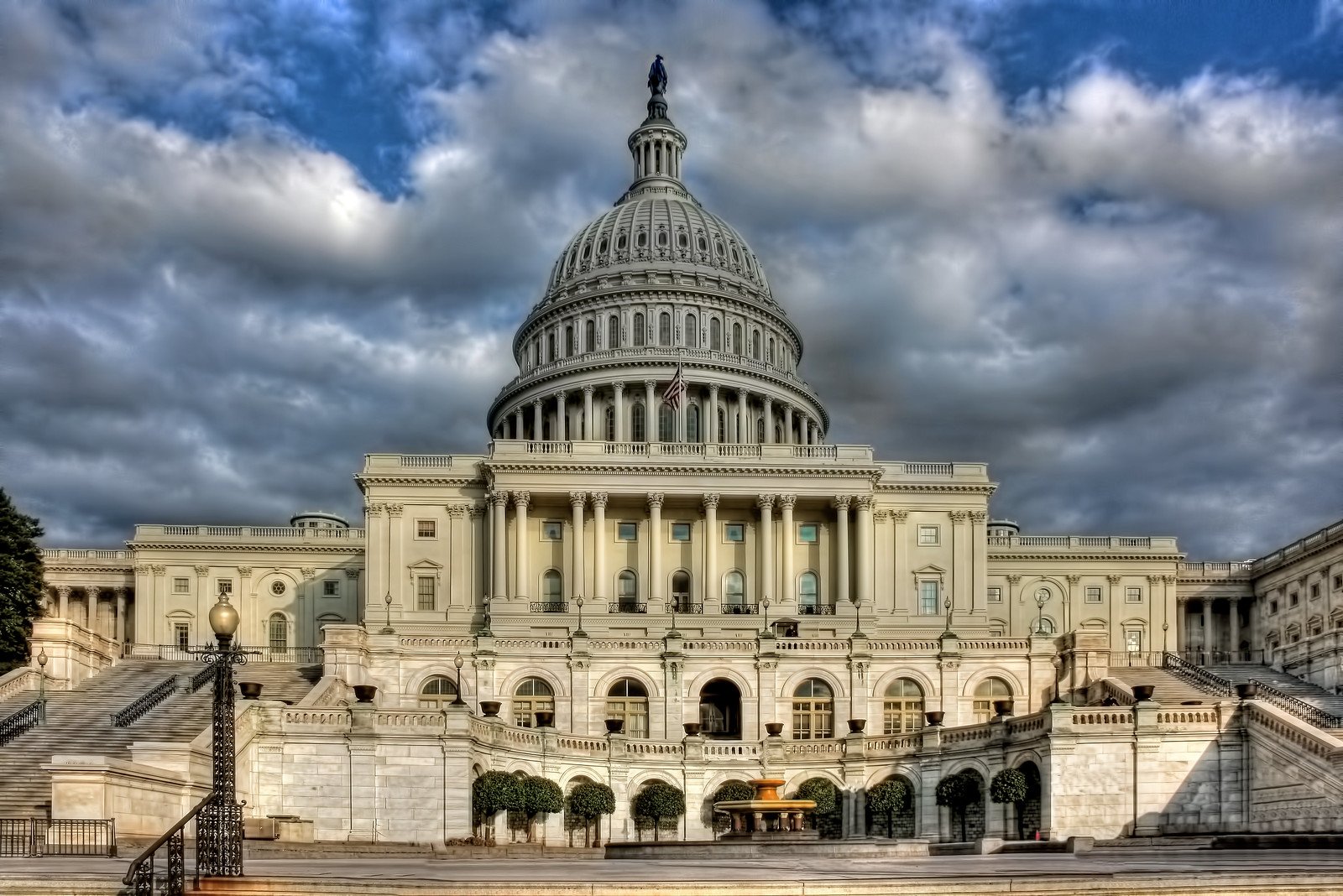
Key Takeaways
- The Federal Reserve has eliminated reputational risk as a factor in bank supervision.
- The change is seen as a positive move for the US bitcoin industry after years of debanking.
- Other US regulators are also relaxing restrictions on bitcoin-related activities for banks.
The US Federal Reserve has directed its supervisors to end the use of ‘reputational risk’ as a factor in the oversight of banks, a measure long criticized by the bitcoin industry as a tool for unfairly restricting access to banking services.
Fed changes oversight approach
Previously, banks could be penalized or denied services based on perceived reputational risk, a category that critics argue was used to justify debanking more than 30 technology and bitcoin companies under ‘Operation Chokepoint 2.0’ following the collapse of several bitcoin-friendly banks in 2023.
The Federal Reserve Board announced Monday that it is reviewing and removing references to reputational risk from its supervisory materials, favoring more explicit financial risk discussions and planning examiner training to ensure consistent application.
Banks still required to manage risk
Despite the policy shift, the Fed clarified that banks must still maintain strong risk management practices in accordance with the law.
The Board noted:
“The change is not intended to impact whether and how Board-supervised banks use the concept of reputational risk in their own risk management practices.”
Industry and political response
US Senator Cynthia Lummis commented:
“Aggressive reputation risk policies assassinated American Bitcoin & digital asset businesses. This is a win, but there is still more work to be done.”
Rob Nichols, CEO of the American Bankers Association, also welcomed the decision, stating it would make bank supervision more transparent and consistent.
However, some critics argue that removing reputational risk could weaken oversight and increase non-financial risks for banks.
Regulatory landscape shifts
Other US regulators, including the Office of the Comptroller of the Currency and the Federal Deposit Insurance Corporation, have also eased restrictions on bitcoin-related activities for banks this year.




